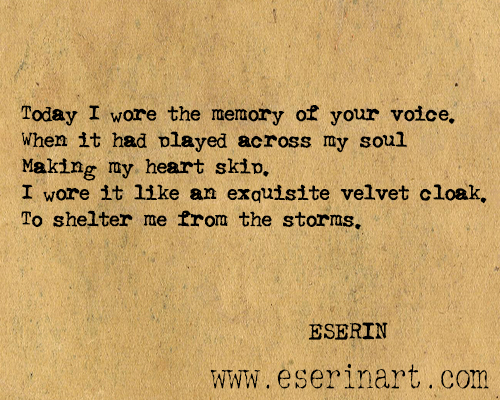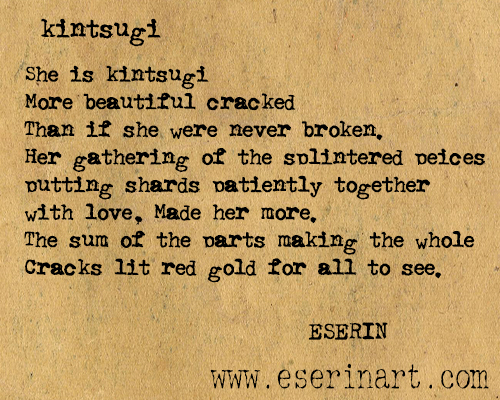A couple of quotes about love today. It has been an odd week, this last 7 days. I am not sure why the theme has been so prevalent, but self love has been a constant in my therapy room. “how can I love myself?” “why don’t I love myself?” “I am so broken, how am I supposed to love myself?” “who would love someone like me?”just a few of the many questions asked in the last 4-5 days.
Here is Irvin Yalom on love. “to fully relate to another, one must first relate to oneself. If we cannot embrace our own aloneness, we will simply use the other as a shield against isolation.” Clearly this is a good description of dependency, and perhaps, following the theme of objectification, a form of objectification, as the other becomes an object, a shield, to be used against distress. It means there can be no meeting between the two authentic people as one is not seen as a person at all. They are “needed” to protect the other.
It is a challenging one to wrestle with, as we all need someone to be with, some of the time. We all need affection, companionship and warm regard. But Yalom was not talking of mere social connection, he was talking about running from ones own sense of isolation and our existential fears surrounding it. Using the other as a thing to avoid those.
Here is a second Yalom quote on the same theme “To love means to be actively concerned for the life and growth of the other.” It is active, you must act in order to love fully. And, self interest not withstanding, as there is no altruism in the true sense, to act for the betterment of the person you love. That does not mean to your own detriment. Though occasionally this may be a choice you make, it should never be a pattern. If love in this sense is active, then to love oneself, one must also be active. If you are in my room as a client then it can be assumed this is already taking place to some extent. But only if you are actively seeking to help yourself as well. Not if you are looking to me as just another shield.
As to the how to love myself… Well I have another Yalom quote for you. “In order to love yourself you must behave in ways which you admire..” Still speaking of action, to act toward, to promote, to move in accordance with self. We all have narcissistic wounds of one sort or another, which we must fill ourselves; Heal ourselves. And we must, if we are ever to see the other clearly, and not seek dependency. That is one of our chief tasks in psychotherapy, learning to love the parts others abandoned or rejected. That requires a good degree of courage. But helps us avoid dependency in long term relationships.
One last quote, this time from Fritz Perls “Our dependency makes slaves out of us, especially if this dependency is a dependency of your self esteem. If you need encouragement, praise, pats on the back from everybody, then you make everybody your judge.” In essence we judge ourselves as unworthy and give that judgement away to others we meet and imagine others think the same was we do. The judgement came from our narcissistic wound and it is that we need to tackle, let go the judgement of others, give it back to the people it came from. Accept our authentic self and love it. Freeing ourselves from the tyranny of judgement.
Then to connect again of course, requires great courage, to make oneself vulnerable, to pain, of rejection but also the inevitable end. We must find self acceptance, to allow a connection, to find the courage.
Finally, as a last word, one of my poems. An older one this time, from about 2 years ago.
Courage
The greatest virtue, all others pale beside; All backed and driven,
As though without they fail, guttering half-hearted light
struggling to reach even the brightest eyes.
Love then without courage behind its veil?
All dependency.
Great love in contact,
through vulnerability,
must accept the end writ large;
In days to come, to tear with rending tears your thou from your heart.
For if you love, with courage, inevitable ends;
Will create for you a void of unimaginable pain,
yet fill before your moments with contentment so rich,
your breast cannot contain.


